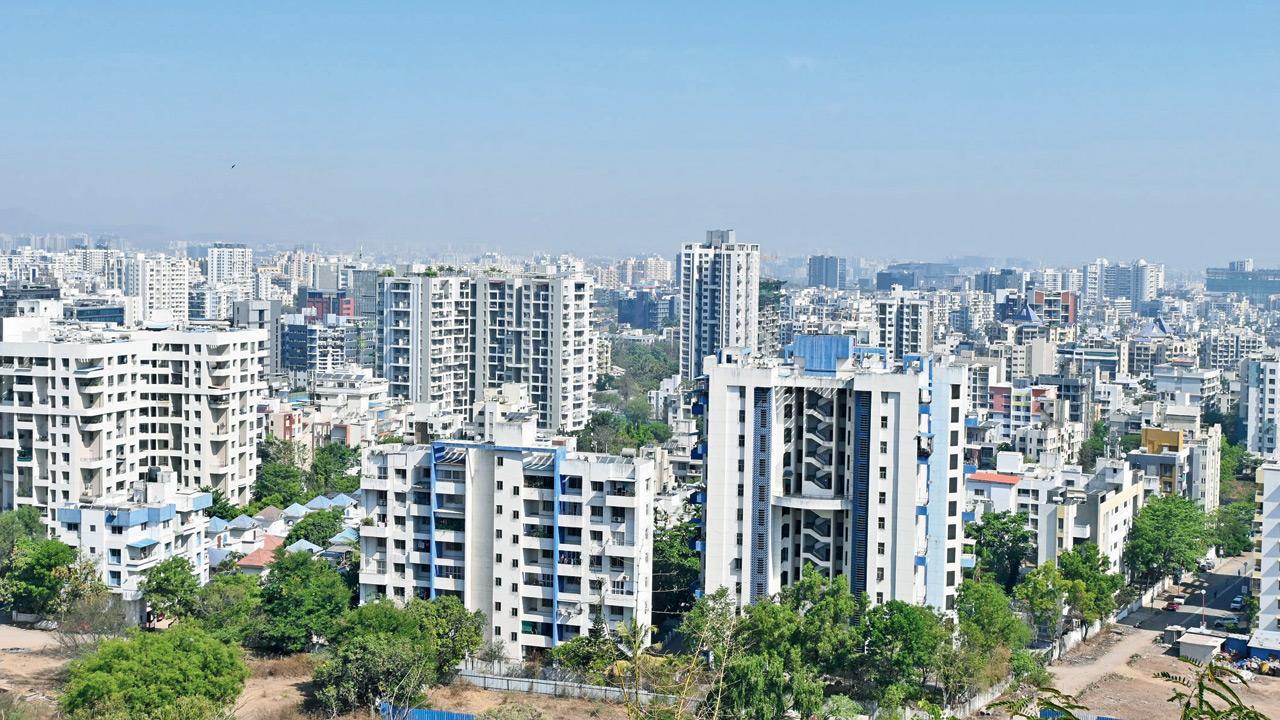Large residential complexes in Pimpri-Chinchwad ignored multiple civic notices to run sewage treatment plants, citing cost and access issues

Sewage treatment plants are mandatorily enforced in Maharashtra for all societies with over 100 flats. Representation Pic/istock
As mercury levels continue to soar past two months over 40°C and a heatwave alert looms over the region, Pune and its twin city, Pimpri-Chinchwad, are grappling with a growing water crisis. The Pimpri Chinchwad Municipal Corporation (PCMC) warned the housing societies about the activation of their Sewage Treatment Plants (STPS).
In a serious breach of environmental compliance, it has come to light that 184 large housing societies in Pimpri-Chinchwad failed to operate their mandated STPs even after receiving up to three notices from the PCMC. These STPs are required under the Unified Development Control and Promotion Regulations (UDCPR) enforced all over Maharashtra for societies with over 100 flats or consuming over 20,000 litres of water daily.
PCMC Chief Engineer Sanjay Kulkarni said, “Despite repeated appeals and formal notices, these societies have kept their STPs non-operational. The civic body will now cut off water supply to the defaulters as a last resort.” As per the civic records, of the total 456 major societies in the city, only 264 have functional STPs. The remaining 184 have either cited cost constraints or other excuses to avoid operating their treatment systems. Eight societies even denied entry to the civic inspection teams.
This negligence has forced many societies to rely on private water tankers, skyrocketing their monthly water expenses to between Rs 1.25 and Rs 1.5 lakh. Sanjivan Sangle, chairman of Chikhali Moshi Pimpri Chinchwad Housing Society Federation, said, "The civic body should first take action against the builders who provided very poor quality STPs to housing societies. The building permission department is equally to blame for granting the completion certificate without verifying whether the STPs functioned properly or not."
Meanwhile, the Pune Municipal Corporation (PMC) has announced weekly water cuts starting recently in specific areas supplied by the Vadgaon Water Purification Plant. The cut, implemented on a rotational basis, will affect localities such as Balajinagar, Katraj, Kondhwa, Suncity, Dhayari, Dhankawadi, and Ambegaon. A PMC spokesperson said, “Due to increased consumption and rising temperatures, the water supply has surged by nearly 25 per cent. However, the supply from Vadgaon has been inconsistent, forcing us to ration water.”
Adding to the region’s water woes, Pune Metropolitan Region Development Authority (PMRDA) Commissioner Dr Yogesh Mhase admitted that there is a shortfall of 2 TMC (thousand million cubic feet) of water in PMRDA’s jurisdiction. The officials of PMRDA clarified that water supply in the rural zones within 5 km of urban boundaries is the responsibility of local municipal bodies and the Jal Jeevan Mission.
Mhase said, “We are working within government norms and have called for a high-level meeting with the chief minister and deputy chief minister to address the water shortage in PMRDA areas.” PMRDA does not provide water, but it grants construction permissions in these areas. The locals criticise the authorities for excessive permission for buildings, which worsens the burden on urban infrastructure.
 Subscribe today by clicking the link and stay updated with the latest news!" Click here!
Subscribe today by clicking the link and stay updated with the latest news!" Click here!








